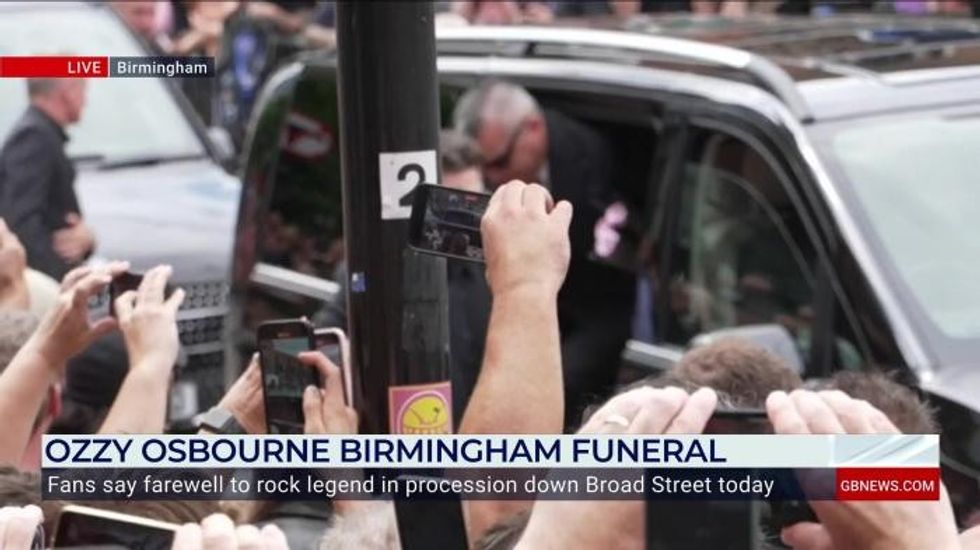Medical records have disclosed the official reasons behind the death of heavy metal icon Ozzy Osbourne, who passed away aged 76 on July 22.
The death certificate indicates the primary cause was acute myocardial infarction, commonly known as a heart attack, along with cardiac arrest that occurred outside hospital.
Additional contributing factors listed on the document include coronary artery disease and Parkinson’s disease with autonomic dysfunction, which were recorded as joint causes.
The Birmingham-born musician had been diagnosed with Parkinson’s in 2019 and had struggled with various health issues in recent years.
According to his family, the former Black Sabbath frontman died “surrounded by love” at his residence.
The medical findings confirm that cardiovascular complications were the immediate cause of the rock legend’s passing.
A private ceremony took place last Thursday at the musician’s Buckinghamshire estate, where 110 close friends and family gathered to pay their respects.
The service was held on the 250-acre property that Osbourne and his wife Sharon had purchased in 1993, with marquees set up across the grounds.
A stage was constructed for tributes, and the venue was adorned with photographs of the late performer, with attendees receiving a memorial picture to keep.
Sharon Osbourne was joined by the couple’s children Jack, 39, Kelly, 40, and Aimee, 41, along with Louis, 50, from Osbourne’s previous marriage to Thelma Riley.
Notable attendees included his former Black Sabbath colleagues, Metallica’s James Hetfield, Sir Elton John, and Yungblud.
American artist Marilyn Manson travelled from the States for the service, alongside guitarist Zakk Wylde and Slipknot’s Corey Taylor.”
Just weeks before his death, Osbourne delivered what would become his final performance in Birmingham, the city where his musical journey began.
The veteran performer took to the stage at Villa Park, delivering a five-song set that included an emotional rendition of “Mama, I’m Coming Home”, during which fans illuminated the venue with mobile phone torches.
His set concluded with “Crazy Train”, accompanied by confetti falling over the packed stadium.
Following a brief interval, Osbourne returned to reunite with Black Sabbath for their first joint appearance in two decades.
The Birmingham concert, which took place in early July, marked a poignant homecoming for the musician who had shaped the heavy metal genre from its inception in the city.
A source close to the family described the funeral as “incredibly emotional”, reflecting the profound loss felt by those who knew the musician personally.
The service culminated with Osbourne being laid to rest beside the lake on his Buckinghamshire property, a location that held special significance for the performer.
The estate, which spans 250 acres in the English countryside, had been the couple’s primary residence for over three decades.
The intimate nature of the ceremony allowed family and friends to grieve privately, away from the public eye that had followed Osbourne throughout his career.
The decision to hold the funeral at their family home provided a personal touch to the farewell, honouring the rock icon in surroundings that had been central to his life away from the stage.
